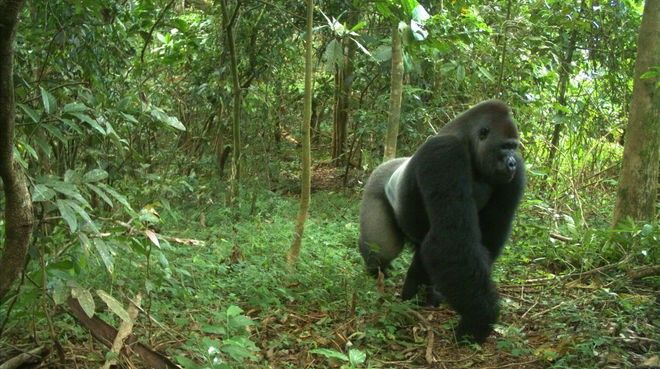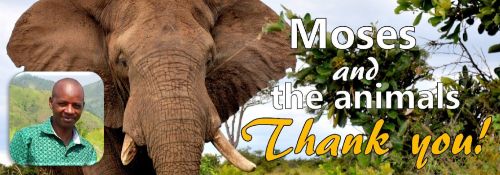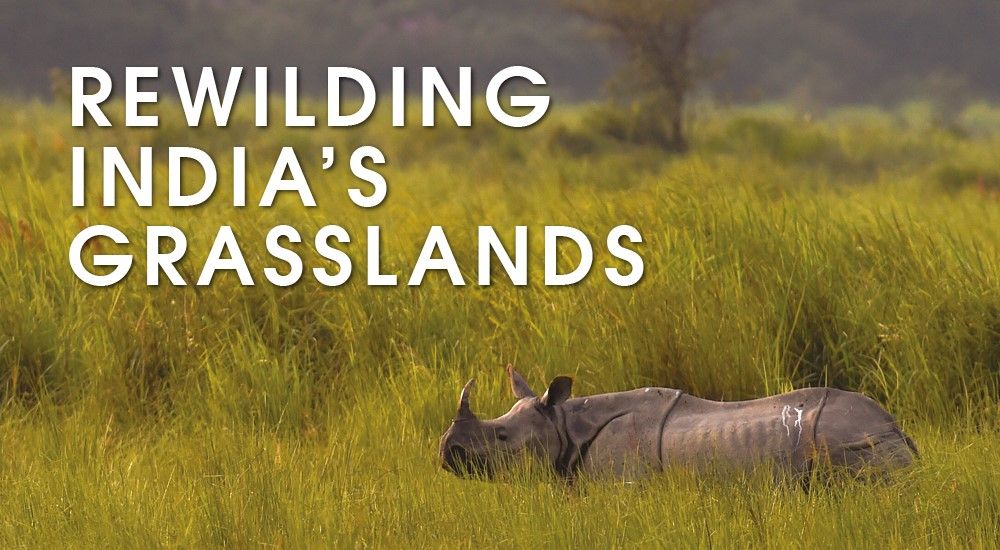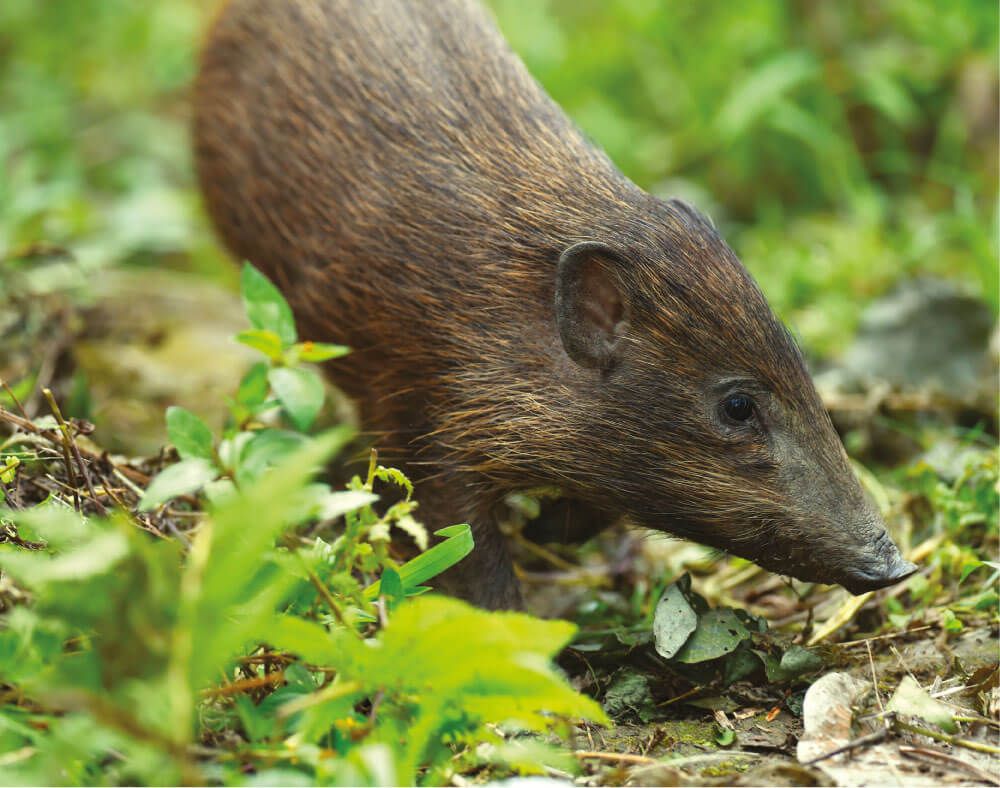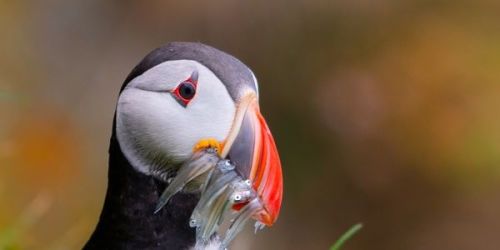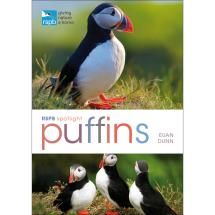Sustainable chocolate and helping gorillas
Posted on
|
What links gorillas and chocolate? If you ever needed a reason to stop yourself before you buy chocolate, here’s one. In Nigeria, 96 percent of the country's forests are gone. In the south east, the forests in Cross River State are still home to gorillas. In 2017, over 16,000 hectares of rivers in the Cross River State were destroyed. How?
Cocoa plantations are encroaching on protected forests. Our demand for chocolate is driving the devastation of chocolates. The Côte d’Ivoire and Ghana are the world leaders in cocoa production. Nearly all of Côte d’Ivoire’s protected areas have been plundered. Ghana holds the world record for its rate of deforestation in 2018. What will happen in Nigeria? Nigeria is the third largest cocoa exporter in the world. Gorilla habitat is shrinking day by day. The gorillas have less and less habitat to call home as their forests are destroyed by humans. Most chocolate makers, say Rainforest Rescue, buy all the cocoa they can get without asking any questions. It is very difficult for consumers to find out if chocolate they buy was produced in a sustainable way. Environmentalists are working to get the EU to regulate the market – but gorillas need help NOW. The Governor of Cross River State could do the most to help these beautiful animals. He’s Ben Ayade and Rainforest Rescue have a petition asking him to strengthen the protection of his state’s forests. |
